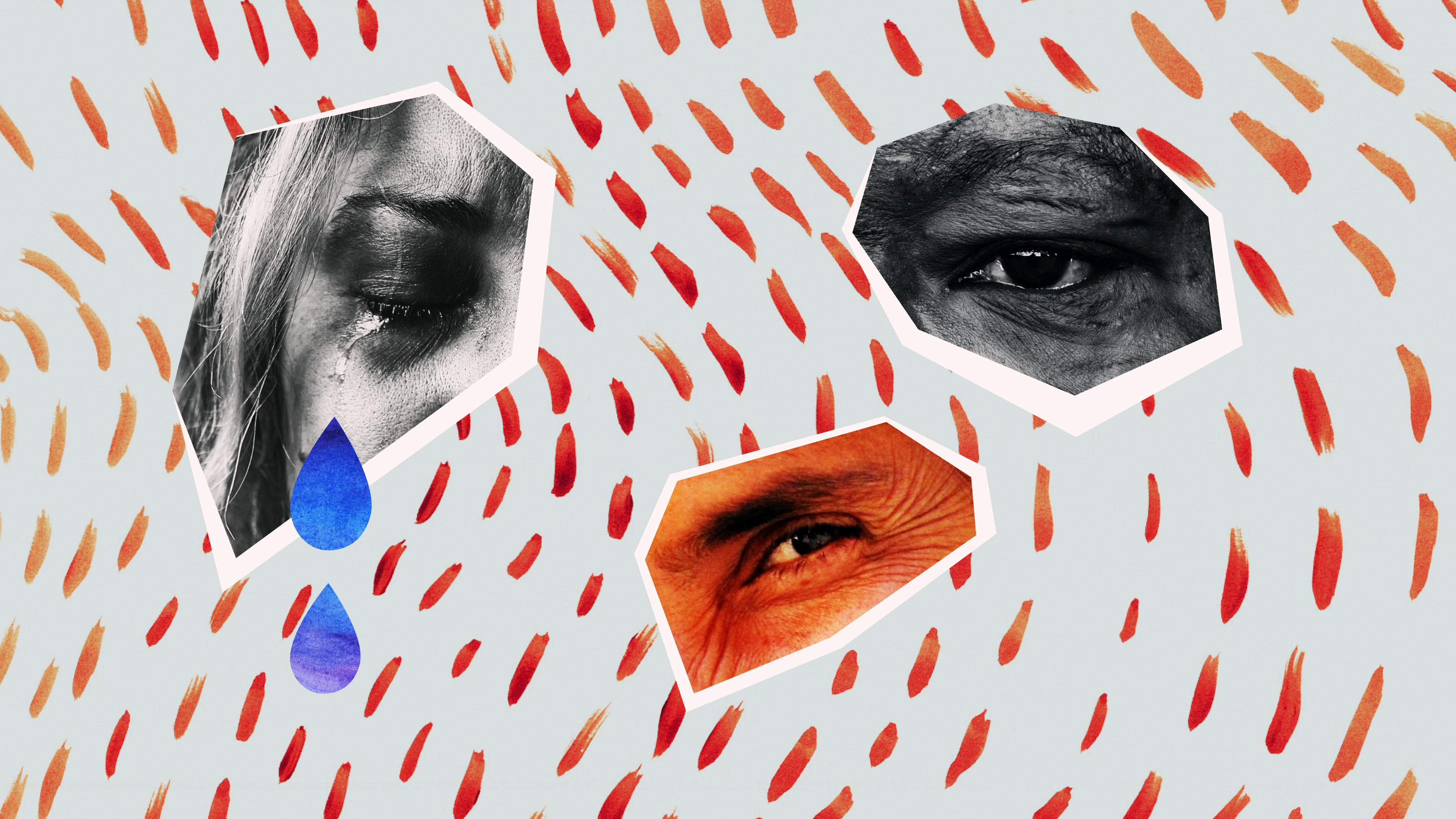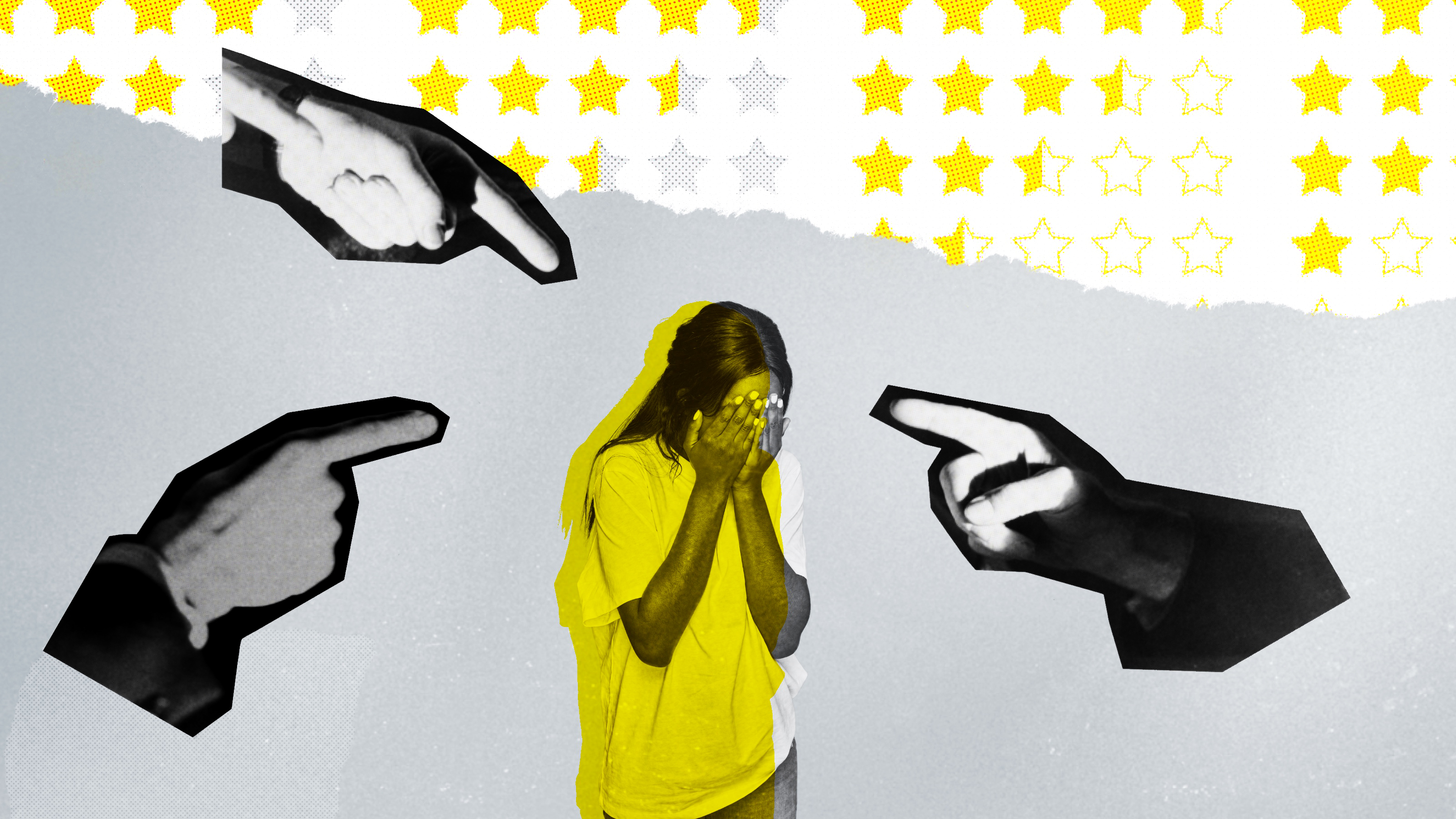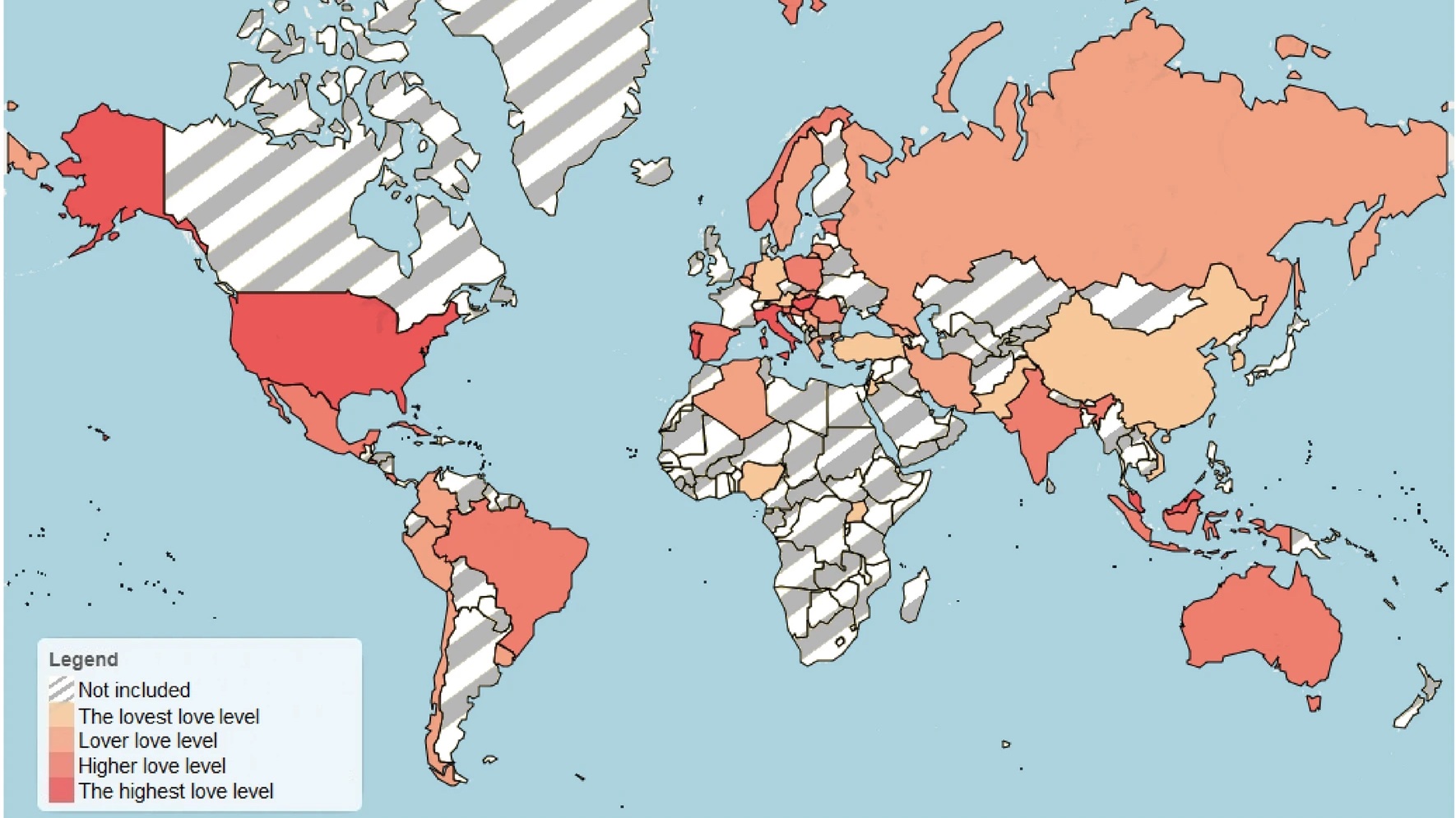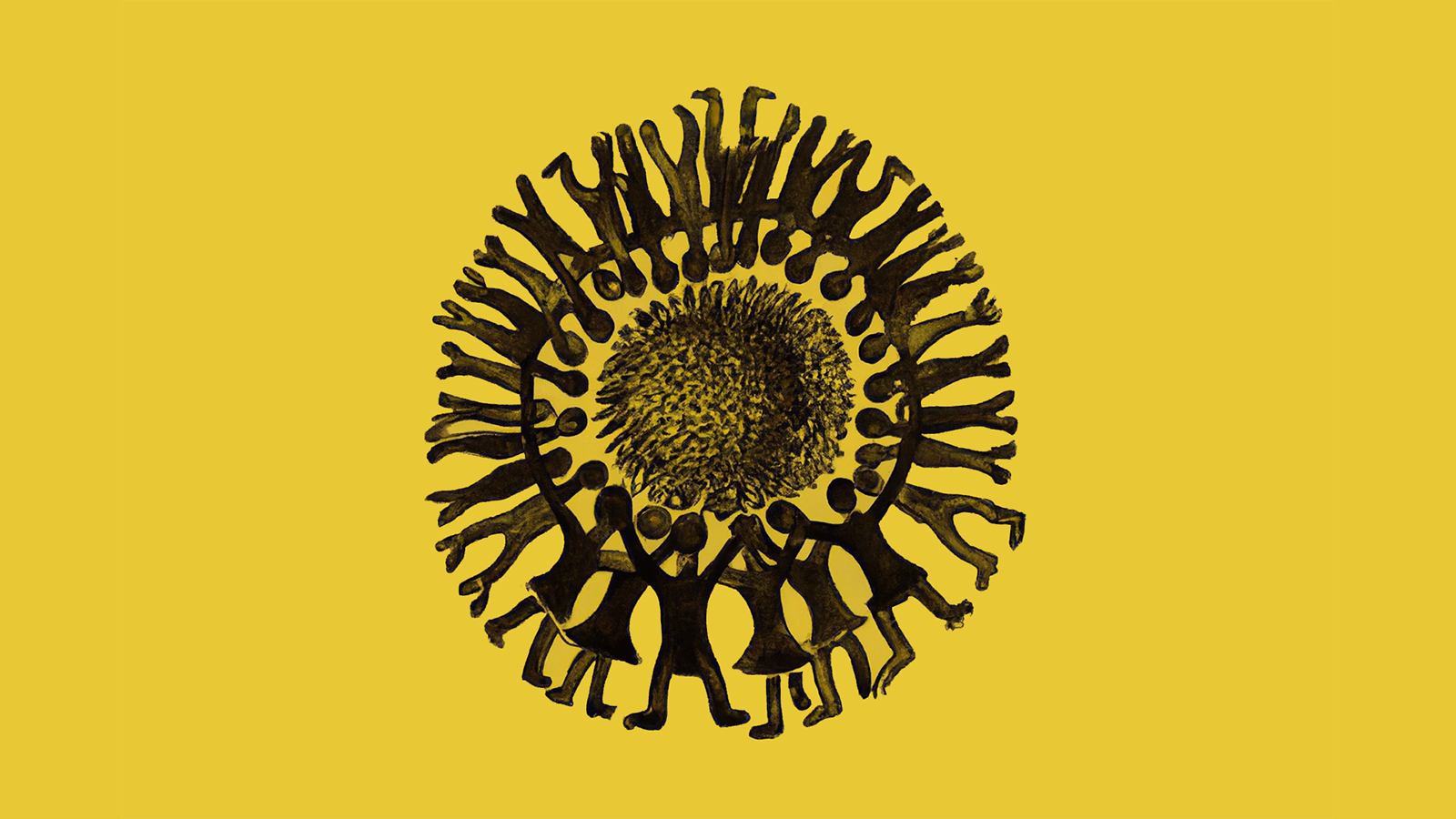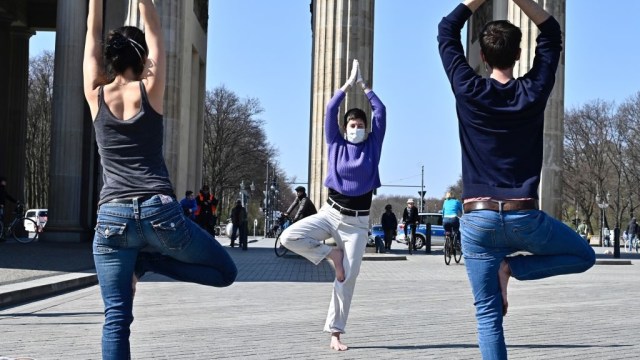Got 20 minutes? Be part of this coronavirus relationships study.
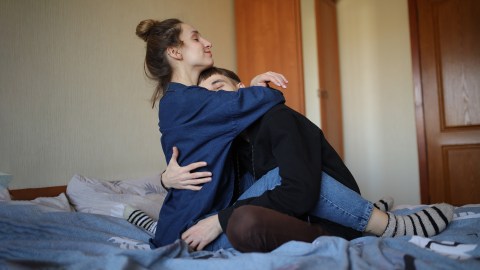
- Psychology researchers are looking for people to participate in study about relationships during the coronavirus epidemic.
- Anyone—regardless of sexual orientation or relationship commitment—can participate in the 20-minute survey here.
- After the initial survey, there will be two 5-10 minutes follow-up assessments at 10-day intervals, and one final 10 to 15 minute assessment in six months time.
Want to participate in a coronavirus study that doesn’t require any prodding and poking?
Researchers from the psychology department at the University of Innsbruck, Austria, are collecting data on how the COVID-19 pandemic affects relationships. The main objective of the study is to examine factors that help or hurt couples during this period relative to normal times, ranging from the physical living space, job situation, the division of labor in the couple, to partners’ personality factors and levels of aggression. “There is much discussion about such questions these days but little data—a gap we hope to help closing with our study,” says Dr. Marcel Zentner, Professor of Psychology at the University of Innsbruck. “Eventually, we expect our findings to be used to improve prevention and intervention methods for couples and families that are struggling during unusually stressful periods like these.”
What does the study involve?
According to the study website, there will be 4 quick assessments, described as below:
- In the first assessment we will ask you to complete some questionnaires about your relationship, how you cope with the current situation. It will also include some questions about yourself, your way of reacting and coping in general, because these factors are known to influence our close relationships. This first questionnaire will take about 20 minutes.
- In the second and third assessments (at 10-day intervals), we will ask you to complete a small portion of the previous questionnaires about your current relationship situation, relationship satisfaction, and levels of strain. They will take about 5-10 minutes.
- In a follow-up assessment (after 6 months) we will ask you to answer some final questions about how your relationship has evolved. This will take approximately 10 to 15 minutes.
Everyone can participate, regardless of sexual orientation or the degree of commitment. If both partners in a couple can participate, the findings will be even better. Each person would still complete the assessments individually.
Bonus: It’s for a good cause
Beyond the thrill of participating in scientific research, there’s another good reason to participate. The University of Innsbruck, Austria, will donate 50 Euro to child protection charity SOS Children’s Villages for every 100 participants.
If you want to be part of the study, take the survey here and find more information here.

